Topic
This panel will pose questions about what the community could collaborate on the context of Onto MBSE and how to accomplish that.
Moderator

David Wagner
supervises the Systems Modeling Methodology group at NASA’s Jet Propulsion Laboratory (JPL) at the California Institute of Technology (Caltech). He is also the technical manager for the CAESAR development project that is central to JPL’s Integrated Model-Centric Engineering program. The CAESAR project specifically aims to develop model-centric methodology and tooling to transform the system engineering of JPL missions into a rigorous, agile, and information-centric practice. Prior to working on CAESAR, he served as a model architect and project system engineer on the Europa Clipper project. And prior to that he has extensive experience architecting and developing flight- and ground-based software systems supporting robotic space missions at JPL.
Panelists
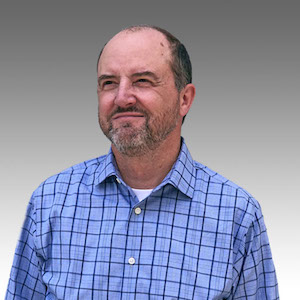
Steven Jenkins
is a Research Fellow in the Acquisition Innovation Research Center at Stevens Institute of Technology. He retired in 2021 after a 32-year career at the Jet Propulsion Laboratory, California Institute of Technology, culminating as Principal Engineer in the Systems Engineering Division. He served in various roles at JPL, including systems engineering for the Space Flight Operations Center, Deep Space Network, and Computer-Aided Engineering. He served as Chief Engineer and Project Manager for Enterprise Information System, a multi-year task to modernize the laboratory’s information technology infrastructure. He served on the systems engineering teams for Project Prometheus and NASA’s Project Constellation. From 2009 he was Chief Engineer for Integrated Model-Centric Engineering, a laboratory-funded initiative to improve systems engineering practice through rigorous application of precise language, mathematical abstractions, and automation. Dr. Jenkins holds a Ph.D. in Electrical Engineering (control systems) from University of California, Los Angeles. He was awarded the Ralph and Marjorie Crump Prize for Excellence in Medical Engineering at UCLA in 1987, a NASA Outstanding Leadership Medal in 1999, a JPL Mariner Award in 2011, a JPL Explorer Award in 2012, and a NASA Systems Engineering Excellence Award in 2013.
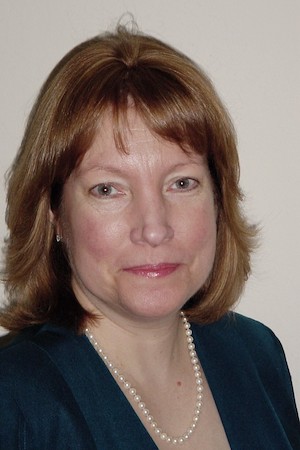
Elisa Kendall
is a Partner in Thematix Partners LLC and graduate-level lecturer in computer science, focused on data management, data governance, knowledge representation, and decisioning systems. Her consulting practice includes business and information architecture, knowledge representation strategies, and ontology design, development, and training for clients in financial services, government, manufacturing, media, pharmaceutical, and retail domains. Recent projects have focused on use of ontologies to drive natural language processing, machine learning, interoperability, and other knowledge graph-based applications. Elisa represents knowledge representation, ontology, information architecture, and data management concerns on the Object Management Group (OMG)’s Architecture Board, and is co-editor of the Ontology Definition Metamodel (ODM), Commons Ontology Library (COMMONS), APIs for Knowledge Platforms (API4KP), Multiple Vocabulary Facility (MVF), and Languages, Countries, and Codes (LCC) standards. Ms. Kendall is currently lead ontologist for the EDM Council and a number of leading pharmaceutical companies. She is also on the technical oversight board for and participates in the NIST-sponsored Industrial Ontology Foundry activity developing standardized ontologies for manufacturing. Ms. Kendall also team-teaches Ontology Engineering at Rensselaer Polytechnic Institute biannually. She holds a B.S. in Mathematics and Computer Science from UCLA, and an A.M in Linguistics from Stanford University.
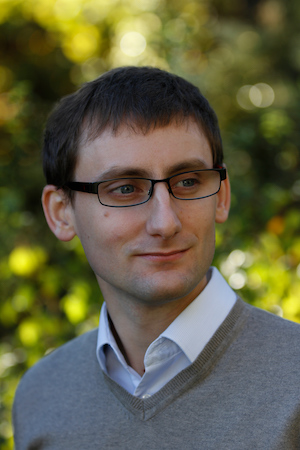
Florian Noyrit
received his PhD for his thesis on heterogeneous modeling languages from Paris Saclay University in 2012. He then joined CEA LIST as a researcher to pursue his research on model-based approaches and to contribute to Papyrus, an open source MBSE tool based on UML and SysML. Through several industrial and academic collaborations, he contributed to the development, adoption and use of model-based technologies in the industry with an emphasis on the design and use of domain specific modeling languages, collaborative modeling and integration of models using ontology technologies. Dr. Florian Noyrit teaches model-based approaches in some Master’s programs in French universities and institutes of technologies.
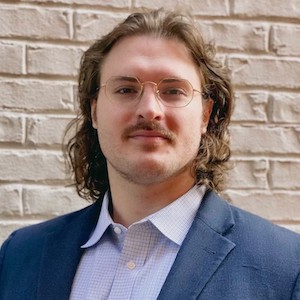
Michael Halvorson
received a B.S. in Aerospace Engineering and a B.S. in Mechanical Engineering from Auburn University in 2017. He then received a M.S. in Mechanical Engineering from Auburn University in 2020 and is now a doctoral student in Aerospace Systems Engineering at the University of Alabama in Huntsville. Michael was a NASA Research Fellow from 2018-2022 and has been Chief Engineer and acting Lead Systems Engineer for the Alabama CubeSat Initiative since January 2021. Michael develops new methods for Model-Based Systems Engineering of complex systems including ontologies for architecture, design, integration, reliability, requirements, and verification. He leads the strategic direction of the Unified Ontologies Foundry, the organization developing the ontological basis underpinning the Engineering Management Platform for Integration, Realization, and Execution (EMPIRE).
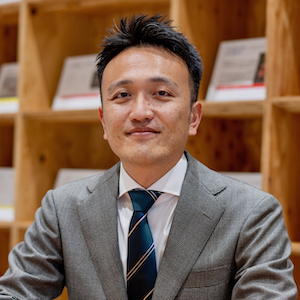
Kane Ishibashi
is a founder and CEO of innovative DESIGN LLC, a systems engineering consulting company in Tokyo. He is also a Project Assistant Professor in Systems Engineering/MBSE at the Graduate School of System Design and Management, Keio University. His consulting activities include systems architecting, systems safety analysis and design, systems verification and validation strategy planning for clients in automotive, aerospace, defense, and high-tech industries in Japan. He is also engaged in several high profile MBSE activities emerging in automotive and aerospace domains. Mr. Ishibashi is one of the early adopters of Systems Engineering in Japan and has been a leading practitioner and thought leader of Systems Engineering and MBSE among Japan’s engineering community. Before his current roles, Mr. Ishibashi was a researcher at the University of Tokyo and led a government funded earth observing satellite systems project as a project manager/systems engineer. Prior to that he was an engineer at Honda R&D and led an electric driven personal mobility project as a technical lead. He holds a B.E. in Mechanical Engineering from University of Minnesota, and a M.S. from Graduate School of System Design and Management, Keio University.

Ahsan Qamar
has a multidisciplinary background in control design, mechatronics, embedded systems and Model-Based Systems Engineering (MBSE). He has twelve years of experience in building and operationalizing complex-engineered systems, including autonomous robots, autonomous vehicles, and software defined vehicles. He leads Ford’s platform architecture and system design team, developing and testing system and software architecture for an embedded and connected platform that will power all future Ford’s vehicles. He also researches problems in systems engineering analytics, executable specification, ontological foundations and digital thread/twin, and developed tools as Datahawk, SafetyLens and DigitalLens.



